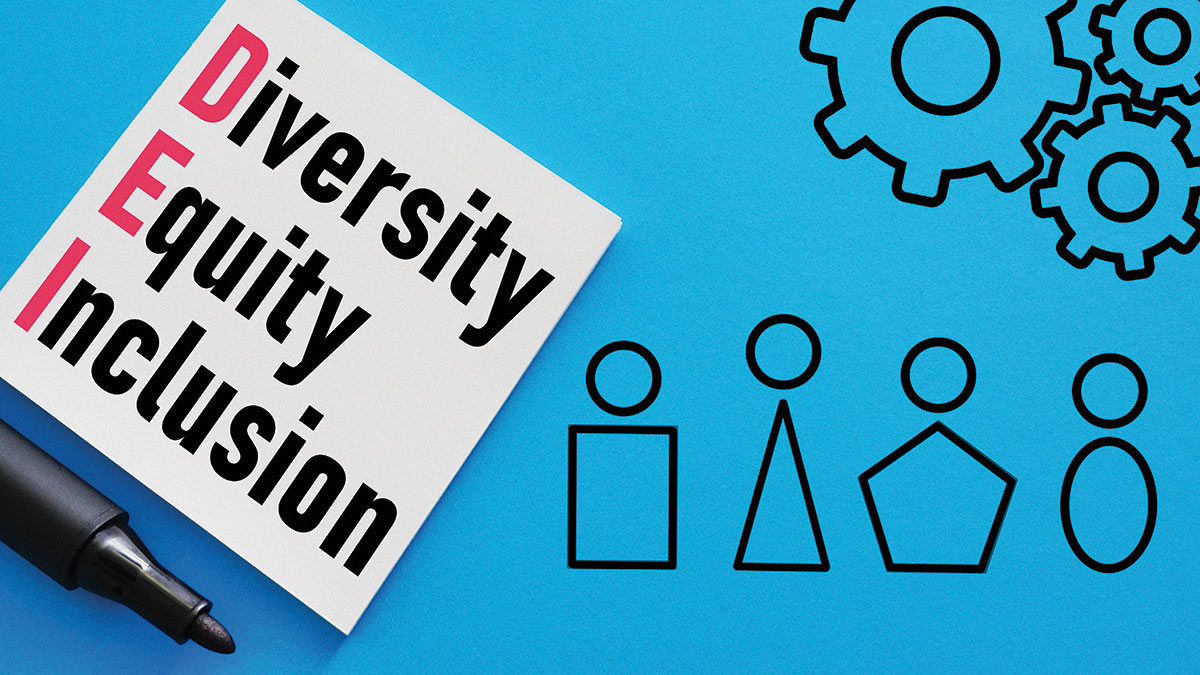
Diversity drives the world. Our planet earth is populated by persons who are unique in themselves. It is almost impossible to come across two persons, male or female, who are carbon copies of each other either in looks or behaviour. It would not be wrong to state that this diversity sustains our planet. Everyone has a role to play. Thus, we complement one another.
Gender equity is now seen not only as an ethical choice but also as a smart business move
If diversity is so significant for our very existence, then how can business remain untouched by this phenomenon? Like most other commercial professions and activities business too has been dominated by males. For a long time, women were few and far between on the business canvas. But things are changing in favour of females, at least, in the advanced world. Other countries are trying to catch up. Gender equality is the current catchword.
Though Nepal has a law against discrimination on the basis of gender, presence of women in the corporate world is far from heartening. No data is available on the subject. One reason could be the feminisation of agriculture in the country. As more and more young males either migrate to other countries for carving out a better future or head to urban centres, women have been forced to take up agricultural activities. The female talent pool is bound to shrink in such a scenario.
Though neighbouring India too does not compare well with the West, it has been including women in business corporates quite briskly. The percentage of white-collar women employees is likely to reach 38% by the end of 2024 from 35% in 2022. Titan of Tata group had 28.6% females in 2023 against 26.9% in 2022. The company is targeting 35% female headcount by the end of 2024. Tata Steel, Pepsico and Airtel are on the same path. The tech sector leads in employing women in leadership roles and fast-track careers. Telecom operator Bharti Airtel is moving towards an inclusive and gender-neutral workplace culture. Gender equity is now seen not only as an ethical choice but also as a smart business move. No wonder, that the theme of this year’s International Women’s Day is ‘Invest in Women: Accelerate progress’. Let us probe how gender equity benefits business.
Gender equity is a key ingredient for improving the bottom line of businesses irrespective of their nature and domain. Research data shows that gender balance fetches stronger business profits. The US has not witnessed gender balance in the senior leadership of 40% of all businesses in the last two years. It is estimated that this lapse has caused 2.1% loss in profitability increase.
There is no gain saying that innovation helps businesses save time and money. It not only provides a competitive edge but also time to balance personal and professional lives. It has been found that inclusive teams are better at decision-making. According to a report in Business Victoria, “Different life experiences generate different insights, perspectives and approaches, removing bias and leading to innovative thinking… If increasing business performance is part of your 2024 business plan, don’t miss out on the opportunities that introducing more women into your team can bring.”
It has been seen that gender equity enables corporates to attract more talent. The new generation prefers companies that actively develop and maintain a diverse and equal workplace. Thus, gender equity provides you a bigger, better and diverse talent pool.
Putting gender equity in practice helps companies to retain good human resources because it demonstrates how corporates value a range of perspectives, experiences and talents. Loss of experienced managers impacts specialist knowledge and productivity. Add to that the hiring cost of replacements. All that will mean critical loss to the company.
Research by USA’s Virginia-based Society of Human Resource Management suggests that the total costs associated with employee turnover can range between 90% and 200% of their annual salary. Introducing practices that support gender equity will go a long way in retaining talented employees.
Research from Charlesworth, Hall and Probert asserts that having gender-diverse strategies in place boosts a business’s reputation. Studies show that women are often influential when it comes to making purchasing decisions. “Regardless of your industry, more employees that reflect your customers — such as women, even in heavily male-dominated industries — will only improve your business’ reputation,” Business Victoria states.
However, the Harvard Business Review says that there is no research to support the notion that diversifying the workforce automatically improves a company’s performance. The reputed journal states: “To fully benefit from increased racial and gender diversity, organisations must adopt a learning orientation and be willing to change the corporate culture and power structure.” This is a big rider. We need to abide by HBR’s advice if we want to extract the best from gender equity.






